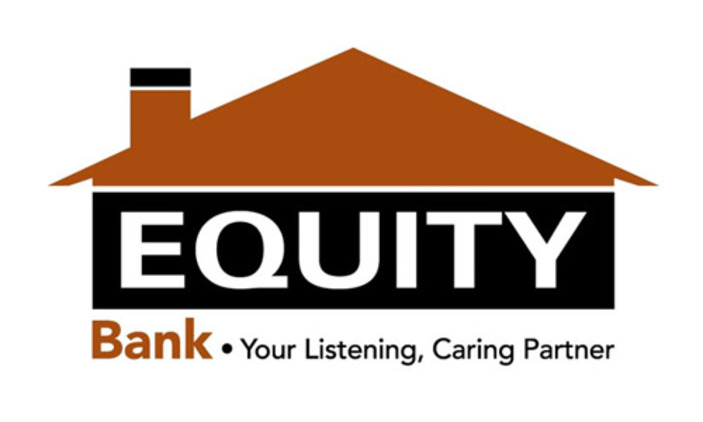Equity Group, which has a subsidiary in Uganda, has released its half-year results for the period to June 30, 2018 showing profit after tax growth of 18 per cent to Ksh11 billion up from Ksh9.4 billion for the same period last year. Profit before tax, meanwhile, went up by 16 per cent to reach Ksh15.5 billion, up from Ksh13.3 billion.
The Group’s balance sheet registered a growth of 7 per cent to Ksh542 billion up from Ksh505 billion. This was driven by growth in customer deposits of 9 per cent to Ksh394 billion up from Ksh363 billion.
Regional subsidiaries, including Equity Bank Uganda, had their share of Group assets increase to 26 percent up from 23 per cent as their assets grew by 21 per cent to Ksh142 billion.
International lenders increased their long-term funding to by 16 percent to reach Ksh53 billion up from Ksh46 billion signifying the global lenders confidence in the Group’s risk.
The Group’s deployment of funding was underpinned by investment in government securities which grew by 37 per cent to reach Ksh159 billion up from Ksh116 billion while net loans to customers increased by 4 per cent to Ksh275 billion up from Ksh265 billion. This reflects the impact of interest capping in Kenya in lending to the private sector. The Group’s balance sheet reflects a liquidity of 59.4 per cent up from 54.4 per cent.
Group Managing Director and CEO Dr James Mwangi said the agile balance sheet with strong liquidity held in near cash assets strategically positions Equity for opportunistic growth. “A dramatically changing environment has seen political risks in South Sudan and Kenya decline with the collaborative peace initiatives taking root,” he said.
DRC has witnessed decreasing political tensions as preparations for the elections slated for later this year gather momentum. Kenya’s proposal to repeal interest capping and focus on the Big 4 Agenda of stimulating the real economy through investment in manufacturing, affordable low-cost housing, universal affordable health and transformation of agriculture value chain to achieve food security is bound to stimulate significant economic activities given the stable macro-economic environment.
Regional subsidiaries grew their profitability by 62 per cent to Ksh2.8 billion enhancing their contribution to the Group’s profitability to 18 per cent from 13 per cent. Innovation and digitization have contributed significantly to improved efficiency gains and cost optimization that has seen the Group’s total expenses declining by 2 per cent from Ksh17.6 billion to Ksh17.3 billion.
The Group’s non-performing loans (NPLs) ratio moved from 7.3 per cent to 8.4 per cent but remained better than the Kenyan banking NPLs sector average of 12 per cent. Loan loss provision grew by 22 per cent from Ksh7.8 billion to Kshs.9.5 billion year on year.





